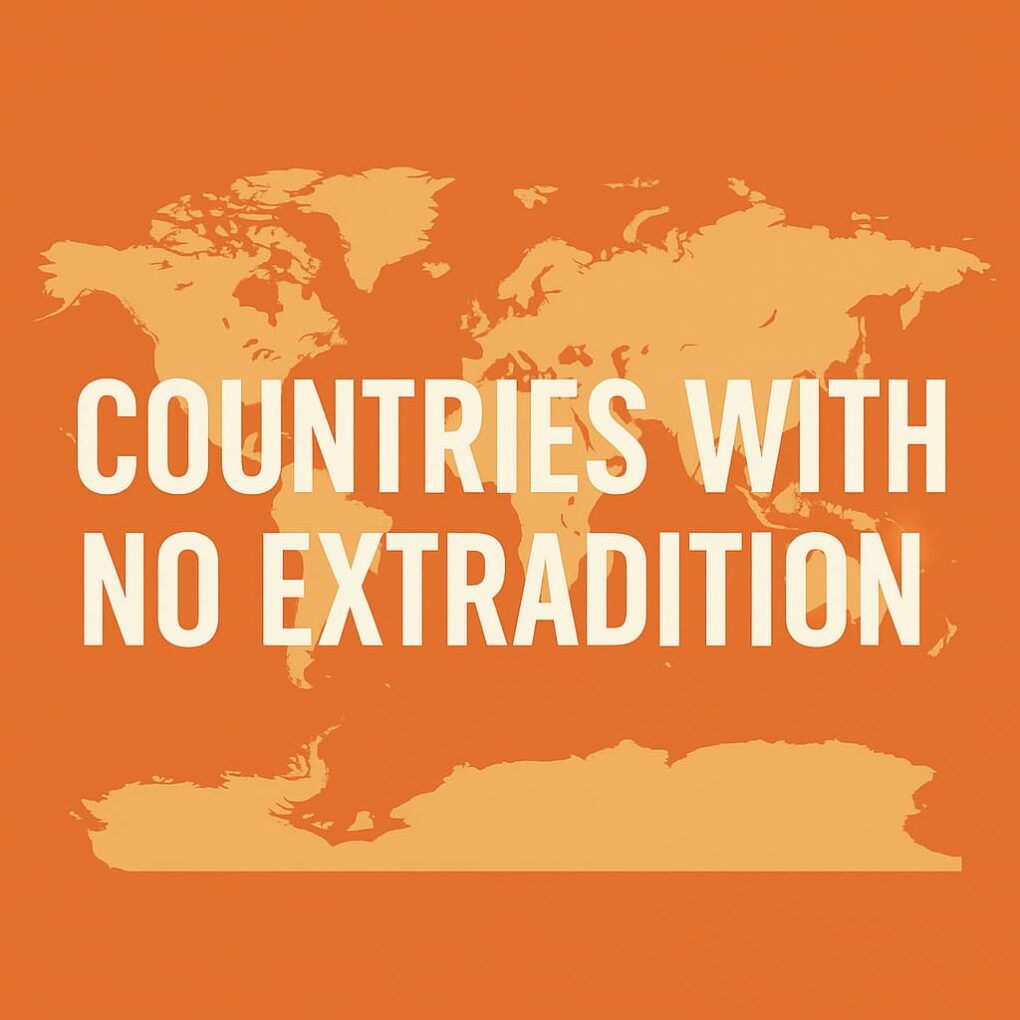Every country has strict rules regarding the sale of alcohol to minors. However, many business owners, especially in retail, may not realize that violating these rules can lead to not only fines but also international legal consequences. In some cases, failing to adhere to age restrictions can result in criminal prosecution and even extradition to other countries, including those where countries with no extradition. In this article, we will explore real and hypothetical examples of how businesses can fall under international jurisdiction due to violations related to alcohol sales.
When a Simple Alcohol Sale Becomes an International Legal Matter
Selling alcohol to minors is often considered an administrative offense, but what happens when this violation becomes part of larger illegal schemes? For example, when a chain of stores encourages selling alcohol to youth using fake IDs, this may be seen as involvement in transnational criminal activities. In such cases, international legal mechanisms, like extradition, come into play, allowing governments to transfer the accused from one country to another for criminal prosecution. This could lead to investigations carried out by Interpol and other international organizations.
Teenagers, Fake IDs, and Transnational Risks: How Businesses Fall Under Interpol’s Radar
Youth and teenagers often become the target audience for illegal alcohol sales. However, fake IDs and schemes related to this can escalate into international investigations. For instance, if store employees knowingly accept fake IDs to sell alcohol to minors, it could draw the attention of law enforcement. With each passing year, store security systems become more advanced, and such mistakes can be quickly identified, leading to serious legal consequences, including extradition. To avoid such outcomes, it is advisable to consult extradition lawyers, who can help navigate complex situations related to international jurisdiction.

What’s at Stake for Offenders: From Visa Denials to Arrest Warrants
The consequences for violating age restrictions in alcohol sales can be severe and wide-reaching. While some may think of these violations as minor infractions, they can escalate into serious legal matters. At a local level, offenders may face fines, temporary closures, or loss of licenses, which can severely impact a business. However, when the case involves international elements, such as illegal cross-border alcohol sales or trafficking, the situation becomes much more complicated.
In extreme cases, violations may lead to criminal prosecution. If an offender is part of a larger illegal network, especially one that involves minors or counterfeit alcohol, extradition could be triggered. This means that the individual could be transferred to another country for prosecution, even if the original offense took place within their home country.
Moreover, charges related to illegal alcohol trade can have additional repercussions beyond legal penalties. Offenders could face visa denials, making it difficult to travel abroad for business or personal reasons. For business owners or employees who frequently travel internationally, this can severely limit opportunities and create a significant barrier to growth. In the worst-case scenario, an arrest warrant may be issued, leading to detainment abroad if the individual travels to a country that cooperates in international law enforcement matters.
Legal Hygiene in Retail: How to Minimize Legal Risks to Zero
To minimize legal risks and ensure smooth, lawful operations, implementing effective age verification systems is crucial. Age verification not only prevents the illegal sale of alcohol to minors but also ensures that businesses comply with both local and international regulations. With the increasing use of technology, retailers can now deploy electronic systems that automatically scan and verify identification, making it much harder for underage customers to purchase alcohol.
Additionally, regular document checks are essential to verify that IDs are valid and not forged. Training staff to recognize suspicious behavior or counterfeit documents will reduce the likelihood of accidental violations. Regular updates and reviews of training materials, along with consistent reinforcement of legal standards, can help staff stay informed about the latest age verification procedures.
Aside from technology and staff training, establishing strong internal policies can further protect businesses from legal issues. Businesses should maintain a comprehensive record of all alcohol sales, including details about age checks and transactions. This documentation can be crucial in case of disputes or audits and can demonstrate a company’s commitment to compliance with legal standards.
It’s important to remember that good legal hygiene doesn’t just protect a business from fines or lawsuits; it also safeguards the reputation of the company. A reputation for responsibility and compliance can be a significant asset in retaining loyal customers and attracting new ones, which is essential for long-term success in the competitive retail market.
